From owner-operator of The Hoxton Shoreditch to co-CEO of the Ennismore empire, Sharan Pasricha has grown in stature alongside the brands he has nurtured. Working alongside the founders and entrepreneurs behind brands like 25hours and Mama Shelter, as well as shepherding world-class lifestyle names including Mondrian, Delano, SLS, Hyde, SO/ and Gleneagles, Pasricha is now godfather to 17 of the hottest hospitality companies in the world. But the serial hotelier remains loyal to his brand-building roots, approaching his role with the same attention to detail and community building spirit with which he approached The Hoxton. With more than 100 hotels in the pipeline including Delano Dubai, and new collaborations taking the brands in new directions, the best is surely yet to come.
-(1)-hskptr.jpg)
For anyone who is not aware of Ennismore, can you give us a brief introduction?
Ennismore is a collection of lifestyle brands that are rooted in purpose, that are founder-led and so much more than a bed for a night. Of the 17 brands, a lot of the founders are very involved in the business. For example, Serge and Jérémie Trigano from Mama Shelter, who are very much involved in driving development, product innovation and growth. And Christoph Hoffmann from 25hours, an incredible hotelier who is involved in all of our future pipeline projects. Where the founders are not involved, that’s where I play a leading role. Like now with Delano, which was founded by Ian Schrager, who famously founded Mondrian in the 80s. So many of these brands are built on the founders’ DNA and creative spirit; we’ve got to harness that and make sure it stays alive.
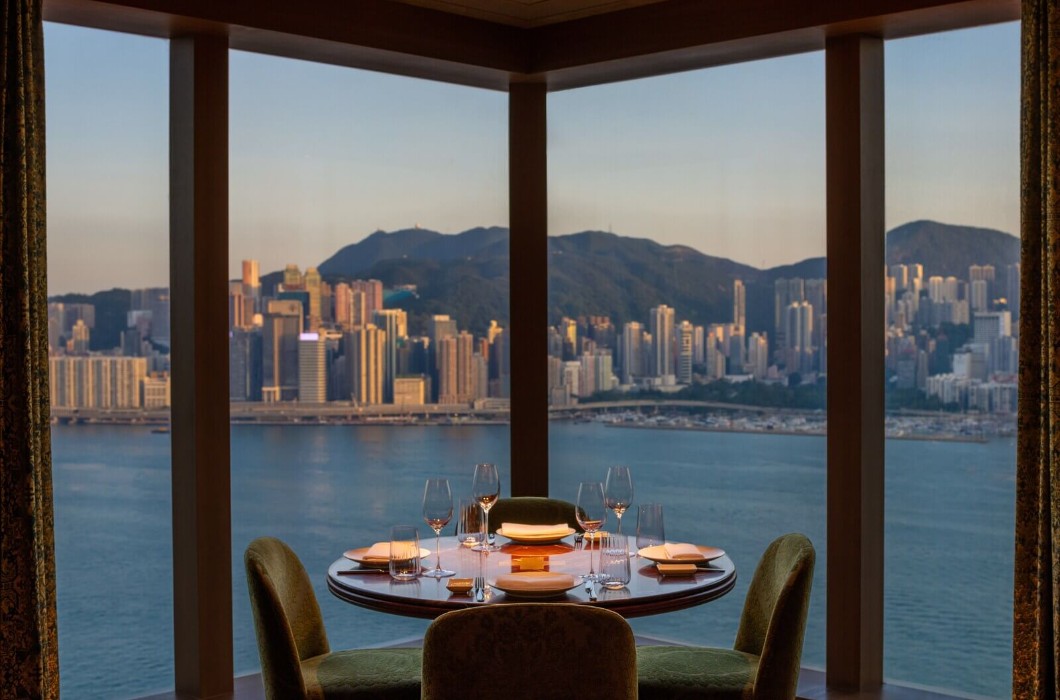
Is that part of the criteria to become part
of the Ennismore family?
If a brand doesn’t have a purpose, then I think it’s a product, not a brand. To genuinely create a brand, it requires an individual or a collection of individuals to absolutely be involved in the detail and hone every single guest touchpoint. So yes, I think that is a criteria for us.
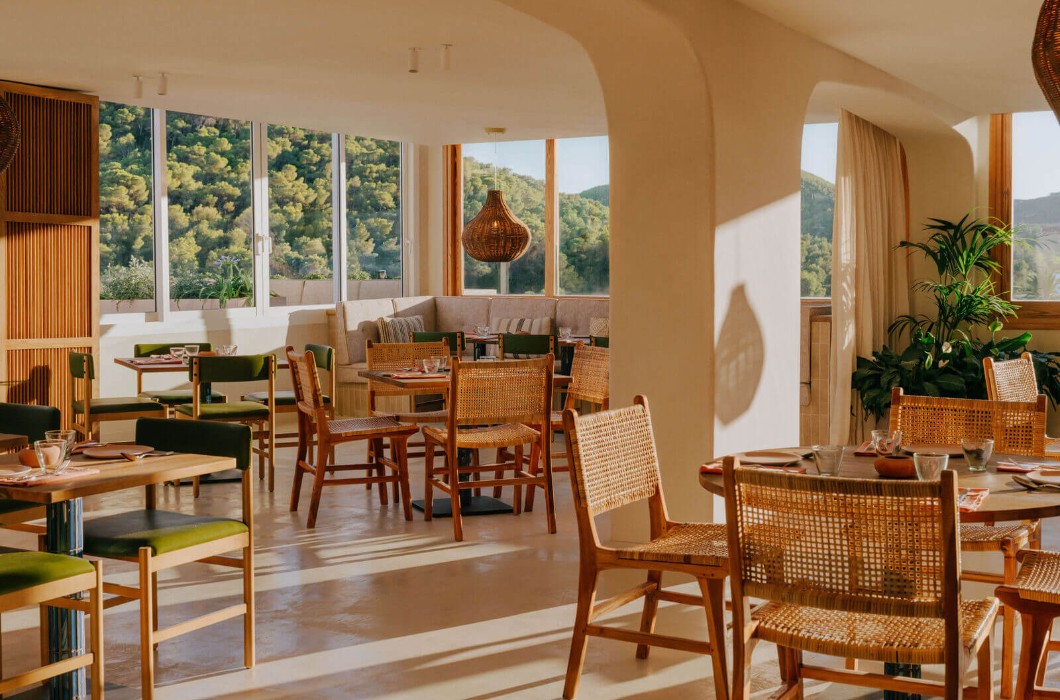
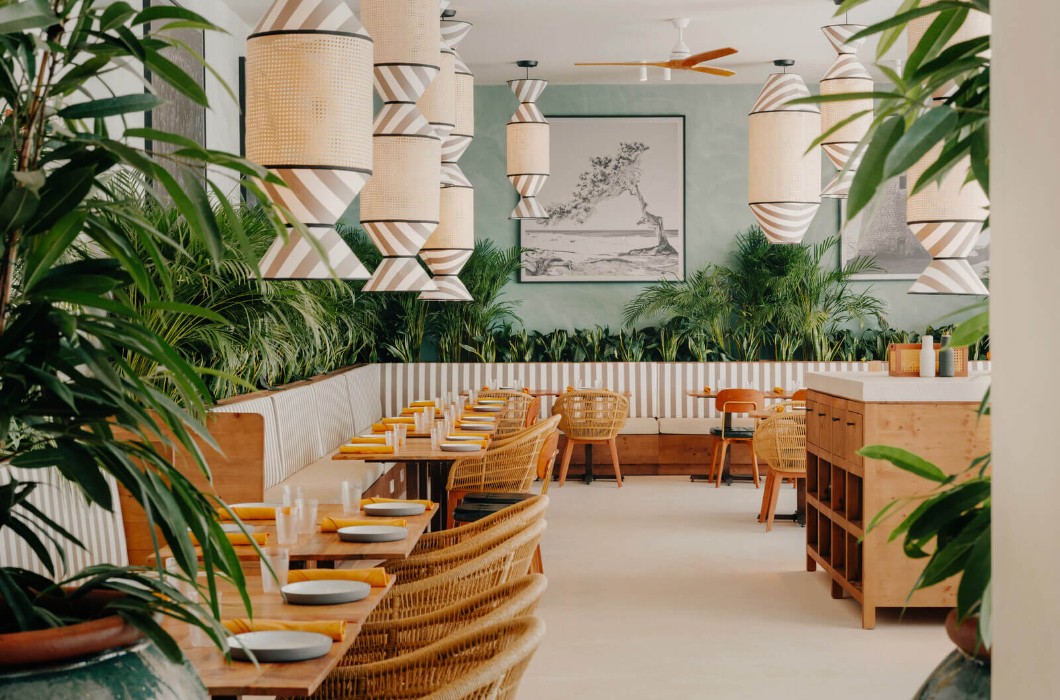
Was Ennismore’s meteoric growth always part of the plan, or has it exceeded your expectations wildly?
I started this business with one hotel in East London before we expanded The Hoxton across London, Europe and the US. Then we took over Gleneagles, spent five years transforming Gleneagles into the glorious playground of the 20s and 30s. And I did it as an owner-operator with an owner-operator mindset. Our business today is probably 10 times the size of that. We have more than 145 operating hotels, 400-odd restaurants and another 100 or so hotels in the pipeline. We’re opening about 25 hotels a year. I’ve had to evolve from being a control-freak entrepreneur that knew everything about every property, to now relying on my teams and the individuals within the organisation to be our eyes and ears, and to really foster that culture of building spaces and experiences that are truly authentic and unique. It would be impossible to run the organisation we are today, with 30,000-plus team members, and yet still sweat the small stuff. And really, in our business, it’s the small stuff that people remember.
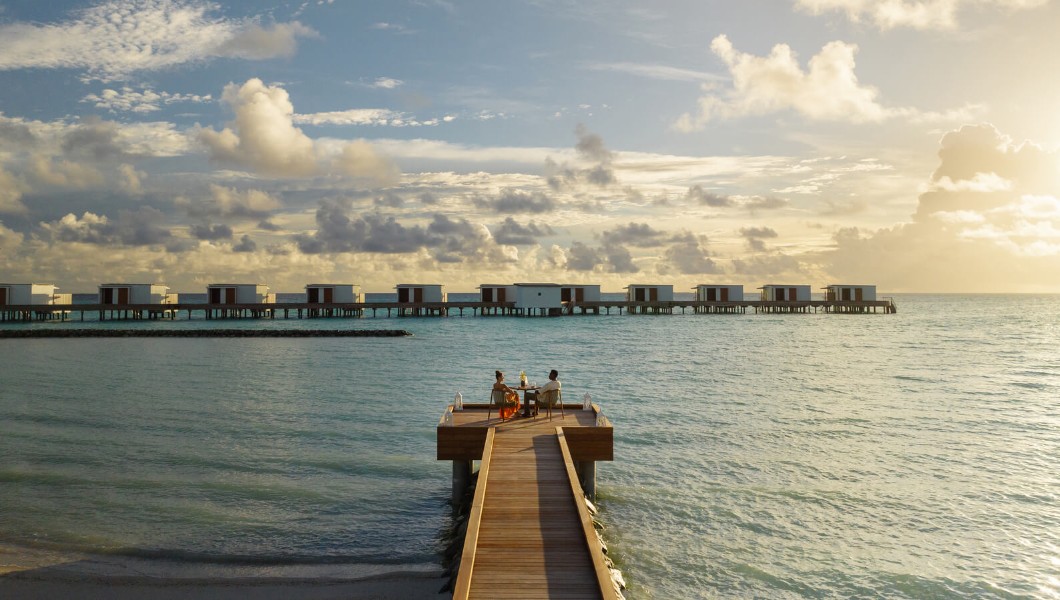
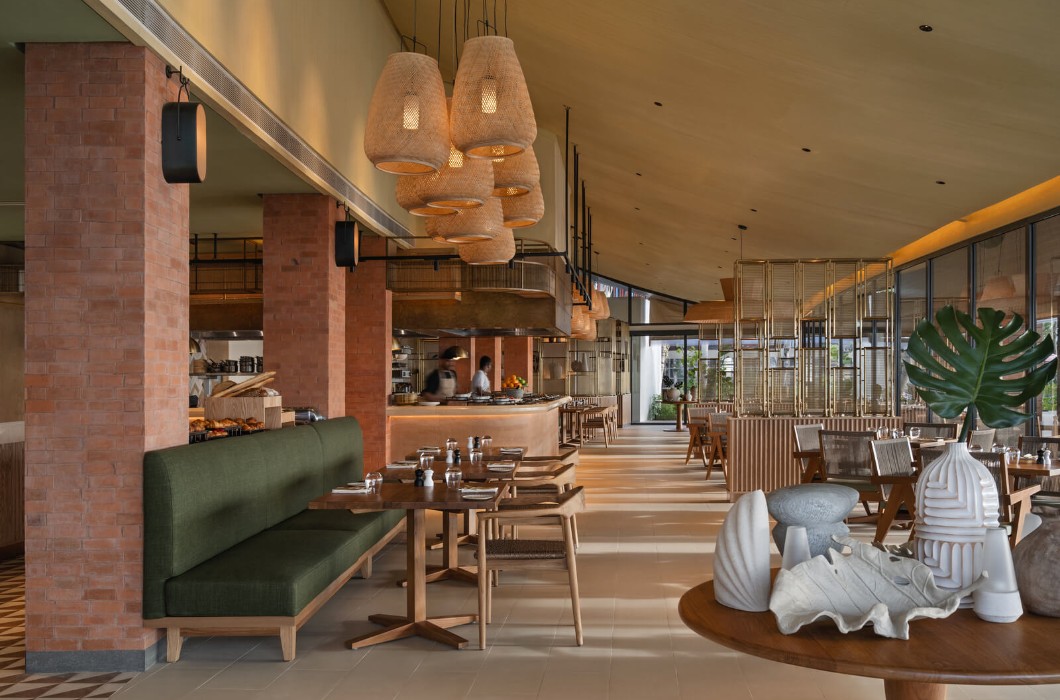
Since you aquired The Hoxton, Shoreditch in 2012, the hotel and the brand has blossomed. What was the secret recipe?
The Hoxton, Shoreditch is one of those hotels that has truly stood the test of time, despite a lot of new product coming in the area, like Nobu, Ace, Citizen M and a lot of other hotels that have come and gone. The Hoxton, Shoreditch is the OG. We’ve spent a lot of time and thought and money making sure that the hotel continues to remain relevant. We launched Llama Inn on the rooftop last year, which is an incredible partnership with a chef from Brooklyn. It really brings a whole new dimension to the to the hotel. We also renovated the public spaces and we’re doing a bedroom refurb towards the end of this year.
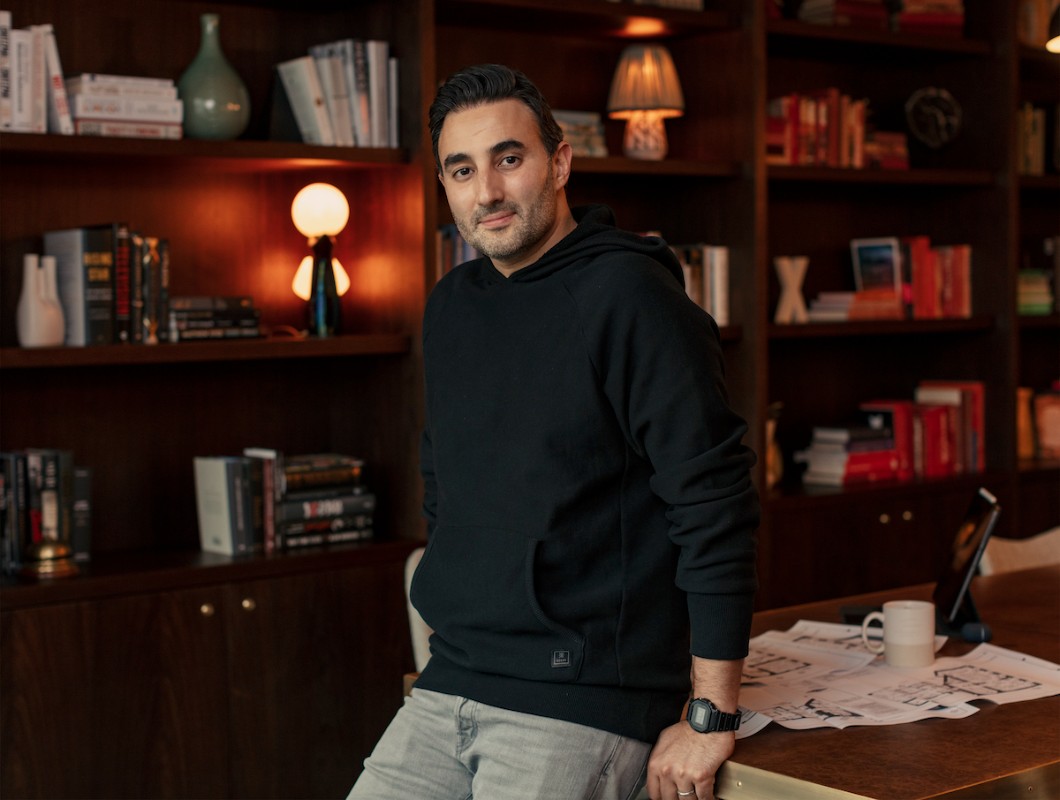
Is there also an element that the original guests have grown up and the brand has grown up around that?
And I think I’ve also grown up; I think it’s exactly that. I think The Hoxton lobby has always been the town square for Shoreditch. As Shoreditch has evolved and as our core customers evolved, so has the brand. When we’re thinking about programming, you’ve got everything from run clubs to cocktail-making classes, to partnerships with local galleries and local artists. And making sure that as the area changes and new companies move in, we always speak to the audience, which is incredibly diverse. If you sit in the lobby, as I often do, and you scan the crowd, it’s people that live or work in the area, people on first dates, people that are pitching to companies and tourists. It’s a melting pot of individuals.
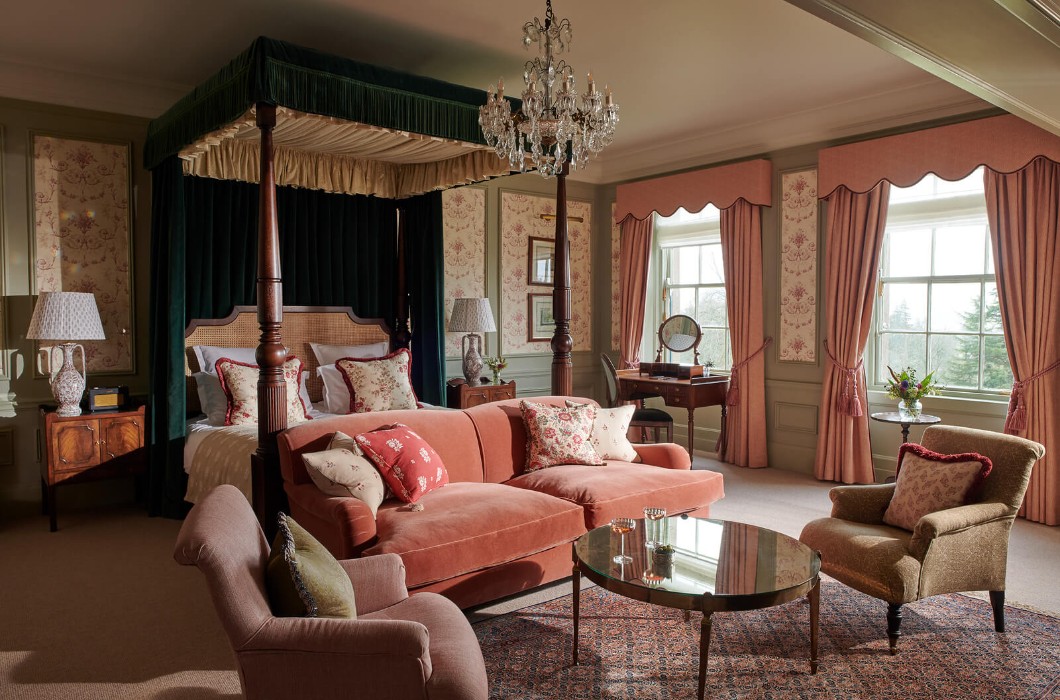
Humans are similar no matter where they are. If you build a product that is thoughtful, considerate, with great design, great service and a product people want, I think you’ll find very quickly you’ll have a community.
Last year you opened Estelle Manor in the Cotswolds — how did that come about?
Estelle Manor was originally conceived as a Hoxton in the countryside, so it’s had a few twists and turns over the years. But I’m incredibly proud of it. It’s one of those projects that you can look back across your life and think: I’m incredibly grateful to have played a role in resurrecting an old manor house that’s been there for over 100 years on an estate surrounded by 3,000 acres of parkland in Oxfordshire. It’s had so many incarnations: it was a residence, it used to be run by the police as a training academy and it was a conference hotel when we took it over. In our business, it truly is a gift to be able to work in these old buildings that have so much history. All you need to do is peel the layers and these buildings tell incredible stories. And we really enjoy that.
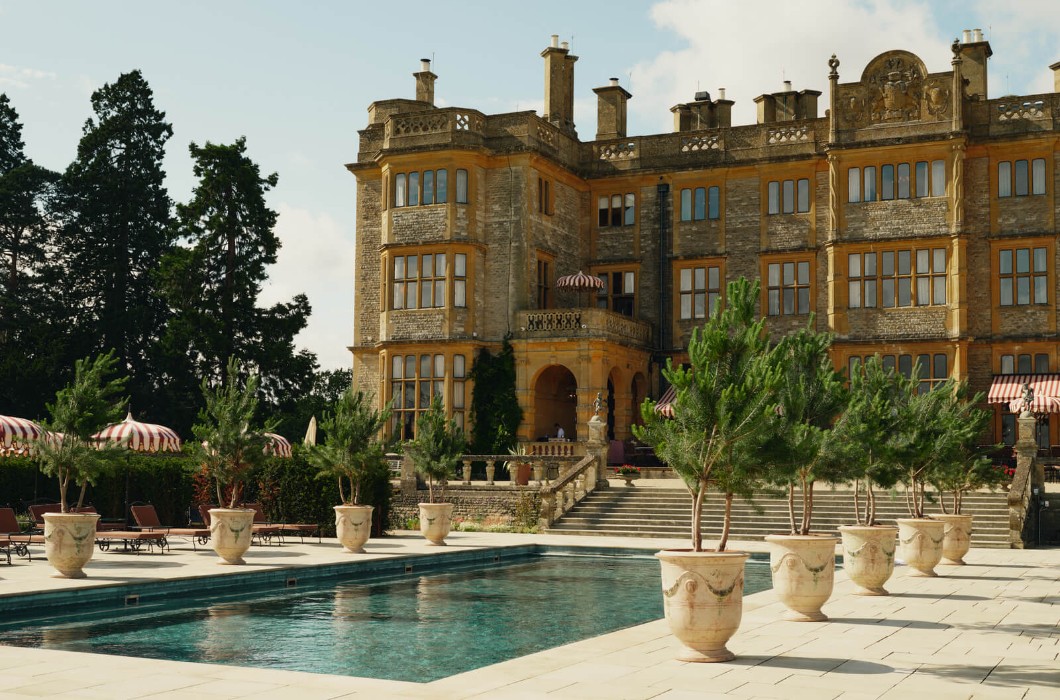
Tell us about plans for Delano Dubai.
We’re incredibly excited to be bringing the Delano to Dubai. From its origins in Miami, which was this bustling social hub, to now Dubai, which is the undisputed global hub, it feels like a natural fit. Delano 30 years ago redefined the urban resort experience. And in Dubai, we have 251 rooms, a third of which are suites; four restaurants and bars including a reimagining of the iconic Rose Bar; and a penthouse which is absolutely spectacular, with five bedrooms, its own elevator and unfettered views of the sea. We’ve got some incredible spaces within the Delano Dubai and I think, on our journey of reimagining the Delano across the world, Dubai is a perfect fit.
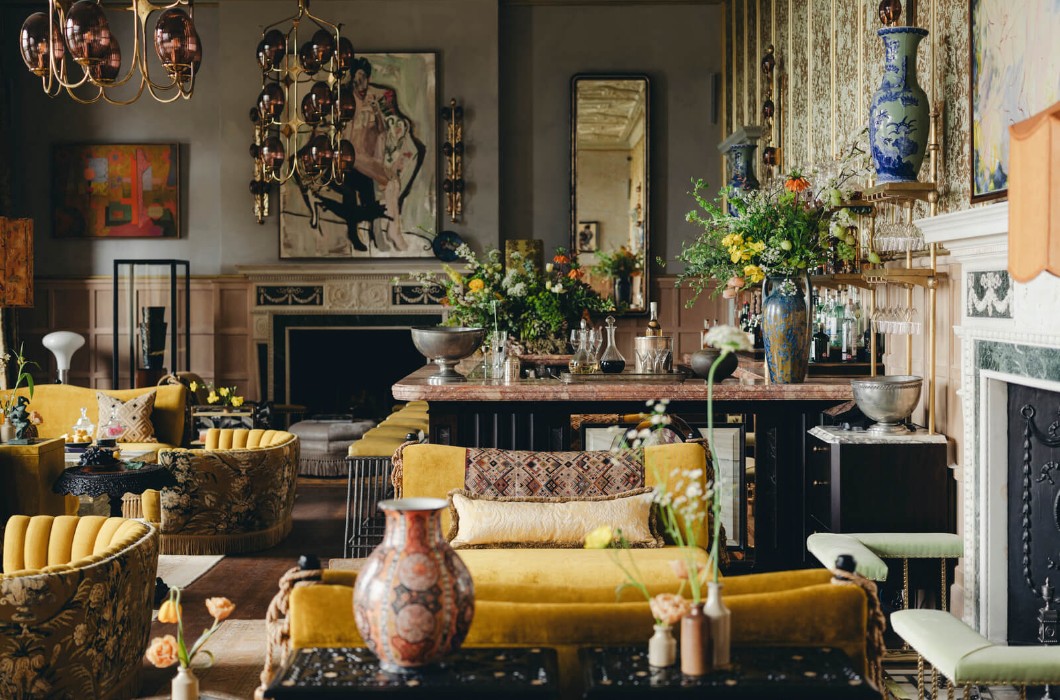
How do you bring that same level of community engagement in Dubai?
If you look at what we did for 25hours Dubai, it shows you how, if you build the right product, create the right experience, have the right team, deliver on a great design promise, you can build community. 25hours Dubai defies convention. You’d be hard-pressed to find a seat in one of our public spaces. It’s not dissimilar to what we did when we built The Hoxton in Paris. If I got a penny for every time someone said the French won’t hang out in hotel lobbies, or the Dutch would not come to your hotel for coffee. I think humans are similar no matter where they are. If you build a product that is thoughtful, considerate, with great design, great service and a product people want, I think you’ll find very quickly you’ll have a community.

Will you continue to expand Gleneagles and if so, what will it look like outside of the UK?
Gleneagles celebrates its centennial this year. It was built in 1924 and it’s such a joy to see that brand completely transformed over the last five years. That’s really all down to the incredible team, led by Conor O’Leary, the MD. It’s one of those brands that means so much to so many people, certainly in Scotland, but across Europe too. It is one of those magnificent, glorious playgrounds. Edinburgh was a natural extension because we had a lot of guests that stay in Edinburgh for a few days before coming up to Perthshire to stay at Gleneagles. So we took over the old Bank of Scotland head office, which we converted into what is now Gleneagles Townhouse. I think there’s an argument that perhaps Gleneagles should only ever remain in Scotland, so we currently don’t have any plans to expand beyond that.
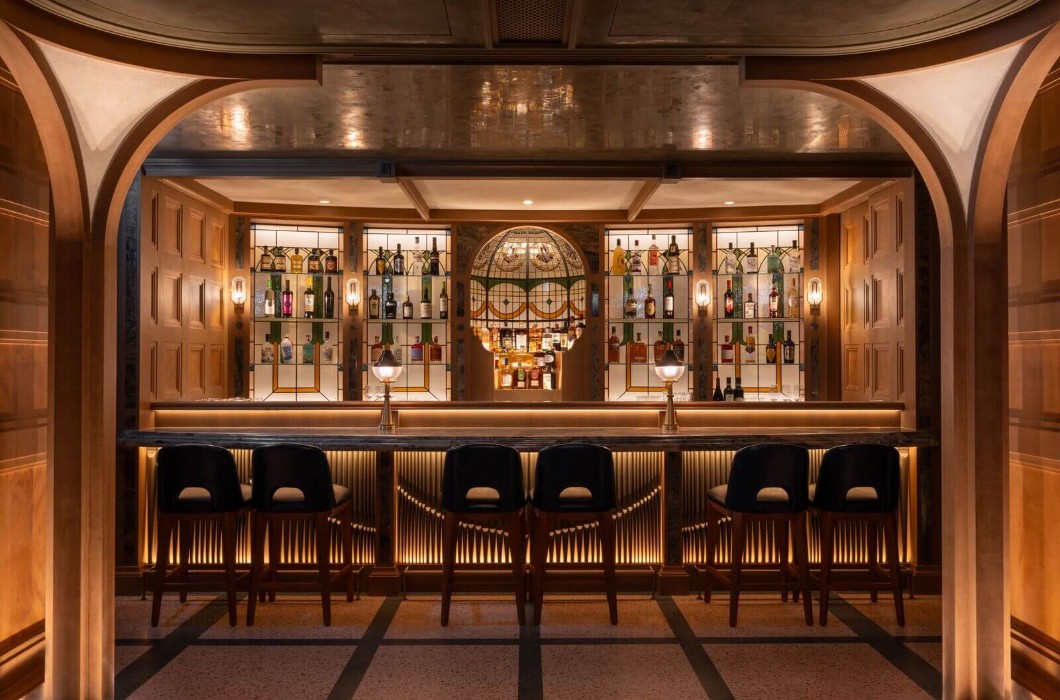
What big-picture trends are you looking
at to build into the Ennismore experience?
We just announced a partnership in the region with Rikas Group, an incredible homegrown operator with about 18 F&B venues across the region: brands like Twiggy, Mimi Kakushi, La Cantine and several others. Rizwan Kassim, the founder of Rikas, has done incredibly well to build these independent restaurants. And we’re delighted to welcome him into the Ennismore family; benefitting from his skill-set in the region and hopefully allowing him to expand across our hotels around the world. Just under a half our business is restaurants and bars, so that’s a huge number across all the all the territories. Between Rikas in the Middle East, Paris Society in Europe and our F&B studio in London, Carte Blanched, we spend a substantial amount of time thinking about public spaces and programming outside the bedroom.
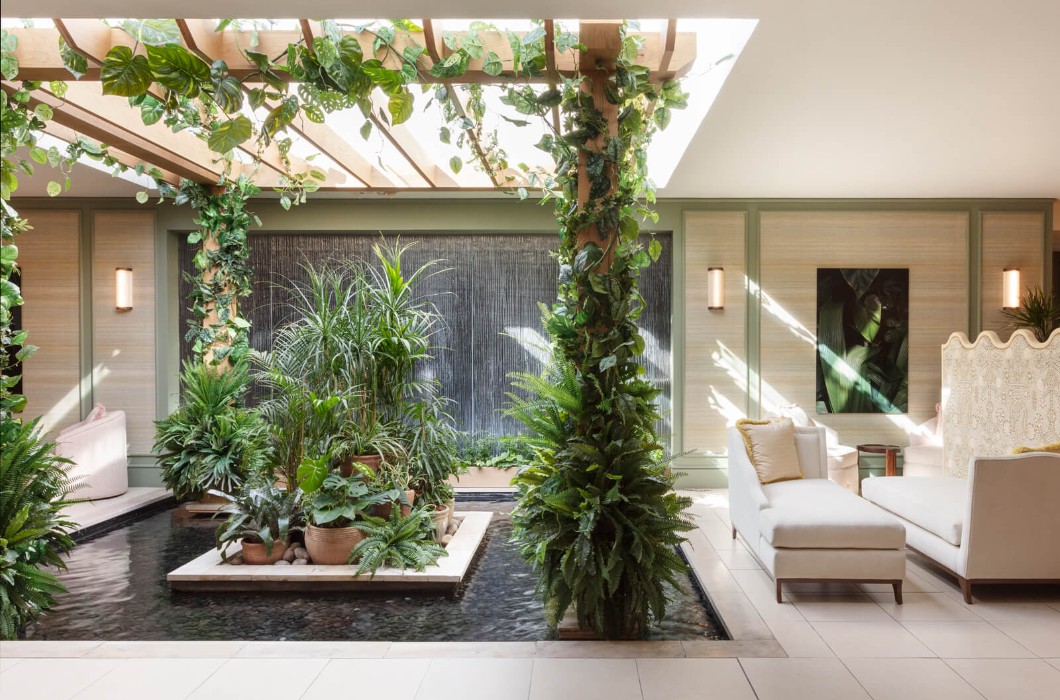
Last year you launched Dis-loyalty, a membership-based loyalty programme. How is that going? We’re incredibly proud of Dis-loyalty and our take on a traditional membership programme reimagined for lifestyle guests. We’re over the moon with the response we’ve had from our partners and our members around the world. When you create something from scratch, and there isn’t a precedent for it, you never quite know how it’s going to turn out. But we’re eight months into it and I feel we’ve only just scratched the surface.







